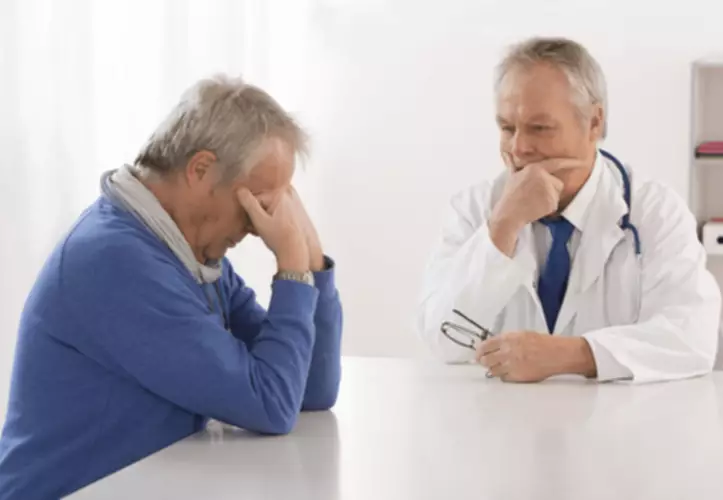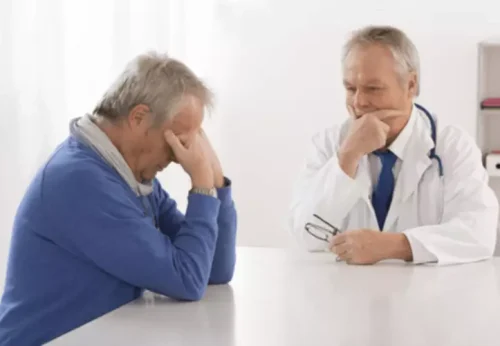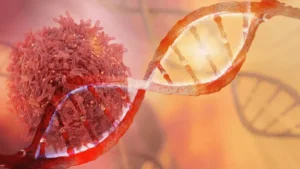
This finding is not specifically alcohol related, however, because other events that interfere with WBC production (e.g., infections) may induce similar structural changes in the granulocyte precursors. Drinking alcohol can sometimes be a touchy issue between patients and doctors. But it’s a topic you should talk about with yours when you have deep vein thrombosis. A person needs to speak with a https://ecosoberhouse.com/ doctor about taking blood thinners safely.
- Less commonly, vacuole development in pronormoblasts also can occur after treatment with the antibiotic chloramphenicol.
- A J-shaped relationship for females showed protective effects at or below consumption levels of 15 g/day (Taylor et al. 2009).
- Although highly individualized and dose dependent, alcohol use also can increase bleeding time (i.e., taking longer to develop a clot)(Salem and Laposata 2005).
- I’ve spent the last seven years researching and understanding alcoholism, addiction, and how people get sober.
- During your Pradaxa treatment, consider taking notes on any side effects you’re having.
Alcohol’s Effects on Blood Pressure and Incident Hypertension
While moderate drinking may provide some benefits in terms of reducing the risk of certain types of strokes caused by blockages in blood vessels, excessive alcohol consumption has the opposite effect. It is important to note that moderate alcohol consumption, defined as one serving per day for women and up to two servings per day for men, may have some beneficial effects on the cardiovascular system. However, excessive drinking outweighs any potential benefits and significantly increases the risk of blood clots and related health issues.

The Long-Term Effects of Alcohol
The American Heart Association (AHA) does not recommend drinking alcohol because of its risk of heart damage, including increased risk of blood clots. While moderate drinking is less dangerous than excessive drinking, it is important Sober living house to avoid drinking alcohol at all if you have concerns about your cardiovascular health or concerns about blood clots. You should also speak to your doctor about weight management, healthy eating, and exercise to change cholesterol, blood pressure, and heart health more effectively than you can with red wine or any other serving of alcohol.
Uncovering the Risk of Blood Clots After an Endoscopy

Data from transgenic animal models and pharmacologic approaches strongly support a role for ethanol-induced oxidative stress in CV disease. In addition, there was no evidence of nitrative damage in mice bred to disrupt (i.e., knock out) the gene for angiotensin I receptor (AT1-KO) that had been given ethanol for a similar length of time does drinking alcohol cause blood clots (Tan et al. 2012). Both experimental approaches also prevented accumulation of ethanol-induced scarring (collagen and fibronectin); apoptotic cell death; and changes in the size, shape, and function of the heart after injury to heart muscle (ventricular remodeling).
Data Availability Statement
- Some researchers have suggested that alcohol intoxication itself, rather than alcohol-related nutritional deficiencies, causes the decrease in platelet numbers.
- If your doctor has prescribed one of these medicines, it’s because you have heart disease or another condition that increases your risk for clots.
- Hemolysis can be an underlying cause of anemia, and several types of hemolytic anemia may be caused by chronic heavy alcohol consumption.
- However, warfarin treatment is not indicated for alcoholic patients, because alcohol ingestion can significantly interfere with the proper management of warfarin maintenance therapy.
Greenfield and colleagues (2005) studied the effects of alcohol at meal time in a group of nonsmoking, healthy postmenopausal women. Each woman was given either no alcohol or 15 g of alcohol (1 standard drink) with either a low-carbohydrate or a high-carbohydrate, high-fat meal. The women’s metabolic measurements were then taken over the next 6 hours. The researchers found that the alcohol-drinking subjects (particularly those who were insulin sensitive) had higher insulin levels and a slower rise in glucose levels after a low-carb meal.
- So, could someone like Kendra just use alcohol to thin their blood, instead of taking prescribed blood thinners?
- The use, distribution or reproduction in other forums is permitted, provided the original author(s) and the copyright owner(s) are credited and that the original publication in this journal is cited, in accordance with accepted academic practice.
- How long the reduced clotting processes (due to thinner blood) remained in effect was not the focus of the study, and further research is required.
- This result may be because of the increased age, which is a risk factor for VTE, as demonstrated by Oger in 2000.19 Also the increased comorbidities, such as cancer and stroke, among elder patients could also moderate the incidence of AI.
